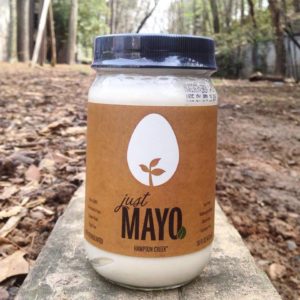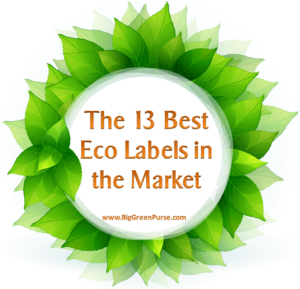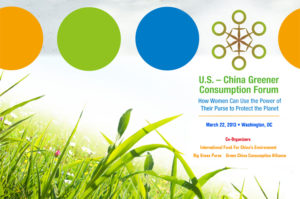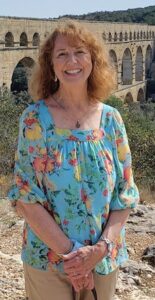As a guest speaker at the annual Conference of the Professional Businesswomen of California, I shared the stage today with Gary Hirschberg. Gary’s the “CE-Yo” of Stoneyfield Farms, the organic yogurt company that revolutionized the making and marketing of organic dairy products. Together, we talked to hundreds of women about becoming “CEOs” – chief environmental officers of their households, the organizations they volunteer for, and the companies where they work.
Our message seemed like news to most of the audience. The way women spend their money matters; women can use their money to protect the planet; and women need to lead the way because … who else will? Most of the audience seemed surprised to learn that they, collectively, spend $.85 of every dollar in the marketplace – even though they acknowledge being the chief shoppers for their household. Gary passionately argued for consumer intervention with manufacturers sooner rather than later, given how quickly time is running out on our chance to reduce climate change and protect dwindling water supplies.
The audience asked informed questions that got to the heart of some of the issues they find most challenging about going green. When one woman asked how she could reduce all the packaging waste her shopping generates, most of the rest of the crowd nodded in agreement. Everyone is tired of throwing away so much paper and plastic when they shop. I reminded folks about the options they have to buy products in concentrated versions or in bulk. Gary noted that, because plastic packaging is made primarily from petroleum, the increasing costs of a barrel of oil may at some point make plastic wrap unaffordable for anything but premium products.
An equally critical issue for the audience had to do with greenwashing. People want to buy the best green choice, but often can’t figure out what it is, given all the superficial claims manufacturers make that their products are “natural” or “biodegradable.” I reminded people to look for third-party verification of the manufacturers claims — organic to substantiate growing processes, Green Seal to verify claims in cleaning products about ingredients — and noted the up-and-coming availability of life cycle analysis efforts like the SMaRT standard, which looks at the eco-impact of a product from the beginning of the manufacturing process through the product’s use and ultimate re-use or disposal.
During lunch, Madeleine Albright, former Secretary of State under the Clinton Administration, spoke of the need for women to help other women understand the critical issues of the day and make changes that will make their lives — and the world — a better place. Said Albright, “There’s a special place in hell for women who DON’T help each other.” That was probably the best applause line of the day!
















